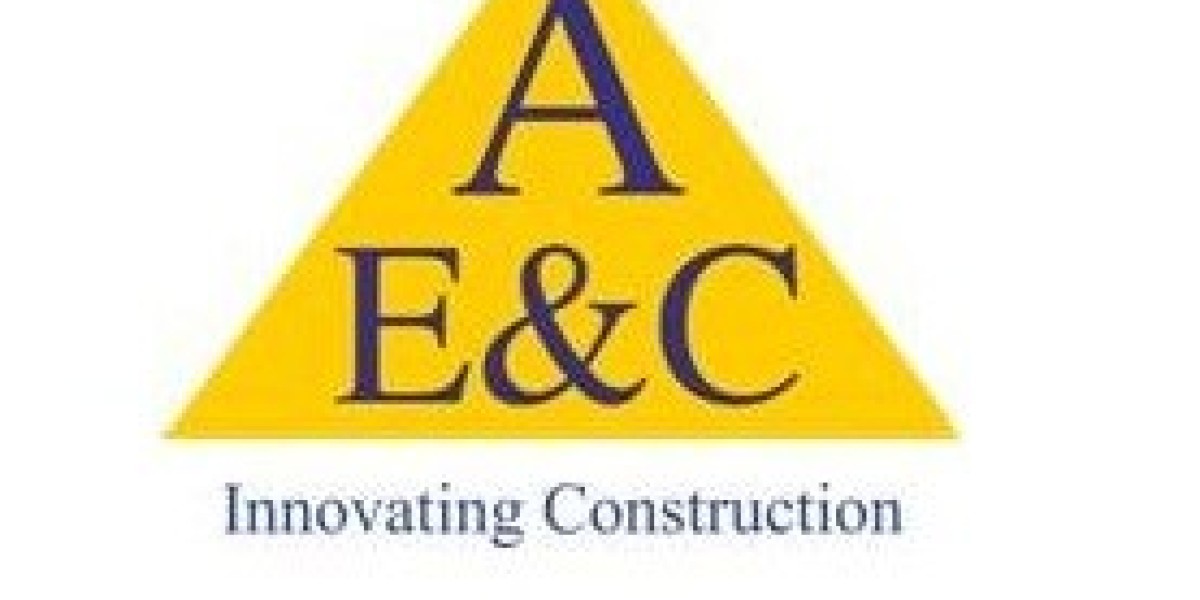In the fast-paced world of civil engineering and infrastructure development, precision and reliability are non-negotiable. Whether you're constructing highways, tunnels, or high-rise buildings, using the right tools for testing and evaluation can make or break your project. But are you truly using the most advanced and reliable testing instruments?
Let’s explore some essential civil engineering testing equipment that professionals across India and the world rely on — and why you should too.
1. Large Size Direct Shear
When it comes to evaluating the shear strength of soils and asphalt, nothing beats a Large Size Direct Shear system. This equipment plays a vital role in geotechnical engineering by helping engineers assess how a soil sample will behave under different stress conditions. Whether you're testing layered soil structures or interfaces in road construction, having a large capacity direct shear device ensures accuracy and scalability.
2. Traffic Impact Attenuator Supplier
Road safety is a top priority in urban planning and highway construction. A trusted Traffic Impact Attenuator Supplier can provide critical systems that absorb and reduce the severity of vehicle crashes. These attenuators are essential for protecting road users and minimizing fatalities on busy highways, especially near work zones, diverging lanes, or sharp curves.
3. Concrete Maturity Meter Supplier
One of the most effective ways to ensure optimal concrete strength development is through maturity monitoring. A reliable Concrete Maturity Meter Supplier can help you keep track of your concrete’s curing process, ensuring that it reaches the desired strength at the right time. This not only improves project efficiency but also reduces the risk of structural weaknesses due to premature loading.
4. NDT Concrete Testing Services
Structural health assessment without damaging the structure — that’s the core benefit of NDT Concrete Testing Services. Non-Destructive Testing (NDT) methods like ultrasonic pulse velocity, rebound hammer, and core extraction allow engineers to evaluate the internal integrity of concrete structures, bridges, tunnels, and buildings. This method is crucial for maintenance, retrofitting, and quality assurance.
5. Cement Calorie Meter
Understanding the heat of hydration is crucial in cement quality assessment. The Cement Calorie Meter allows engineers to measure the heat released when cement reacts with water. This data is invaluable in selecting the right type of cement for massive concrete pours where temperature control is essential to avoid cracking or delayed setting.
6. Bond Pull Off Test
Adhesion testing is vital in both repair and coating applications. The Bond Pull Off Test helps determine the tensile strength required to pull a material away from a substrate. It’s widely used in evaluating overlays, coatings, and patch repair integrity — ensuring that every applied material stays where it’s supposed to.
7. Profile Grinder for Chloride Migration Test
For durability studies in concrete structures exposed to chlorides (like marine or de-icing salt environments), a Profile Grinder for Chloride Migration Test is a must-have. It allows precise extraction of concrete powder samples at different depths, enabling engineers to analyze chloride ingress and plan adequate protection strategies.
8. Hamburg Wheel Tracker Supplier
Asphalt testing has advanced significantly in recent years. If rutting performance is a concern in your pavement design, a Hamburg Wheel Tracker Supplier can provide the right tool. This equipment simulates long-term traffic loading and evaluates rut resistance, moisture sensitivity, and overall mix design performance under harsh conditions.
9. Digital Soil Penetrometer Supplier
Soil compaction is key to any civil engineering foundation work. A Digital Soil Penetrometer Supplier ensures that soil density and strength are accurately measured before construction begins. This instrument is especially useful for site evaluation, soil profiling, and compaction control in road construction and structural base preparation.
10. Soil Water Characteristic Curve (SWCC) Equipment
Understanding the water retention properties of soil is critical in geotechnical design, particularly for slopes, embankments, and foundations. The Soil Water Characteristic Curve SWCC Equipment provides accurate measurement of suction versus water content, allowing engineers to predict how soils will behave under changing moisture conditions. This knowledge is vital for stability analysis and unsaturated soil mechanics.
Why These Instruments Matter
Using advanced testing instruments doesn’t just enhance the quality of construction — it ensures long-term safety, durability, and compliance with modern engineering standards. From the early stages of soil investigation to final road testing, each piece of equipment mentioned above plays a unique and vital role in the success of a project.
Whether you’re a government contractor, consultant, or builder, partnering with a reliable supplier like Avantech Engineering Consortium ensures that your testing and analysis tools meet the latest industry benchmarks.
Conclusion
The modern construction landscape demands precision and proactive quality control. Incorporating state-of-the-art equipment like direct shear testers, concrete maturity meters, traffic impact attenuators, and soil characteristic devices is not just beneficial — it's essential. They allow civil engineers and contractors to base decisions on real data, not assumptions, leading to more sustainable and cost-effective construction practices.
If you haven’t yet upgraded your lab or field testing arsenal with these powerful tools, it’s time to reassess. The quality and safety of your next project could depend on it.






